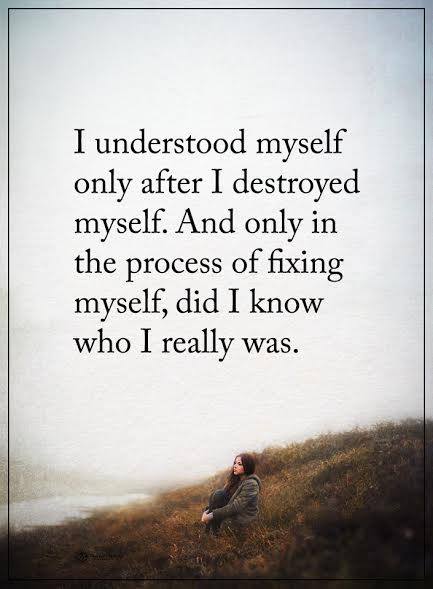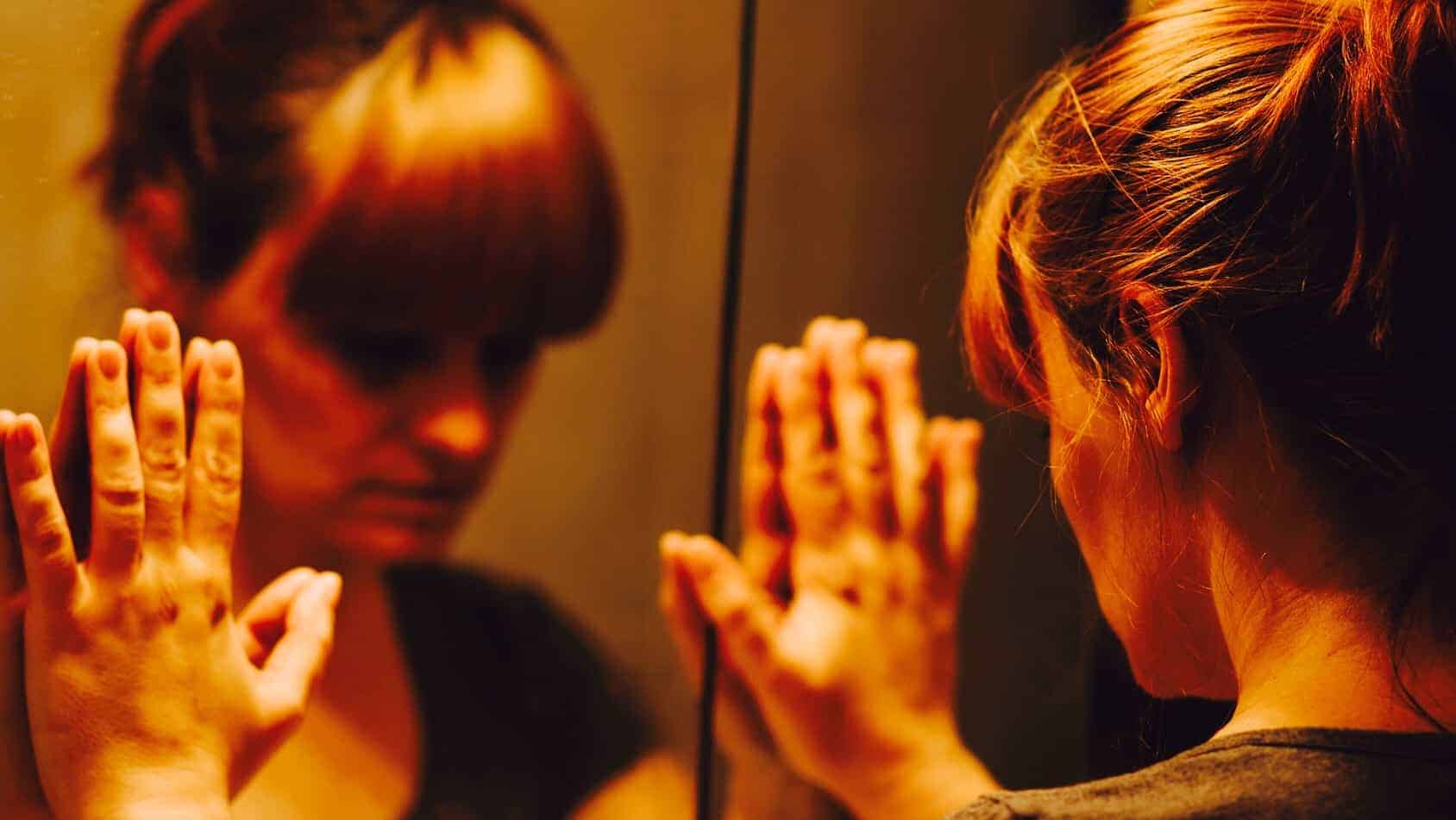“One of the greatest tragedies in life is to lose your authentic self and accept the version of you that is expected by everyone else.” – K.L Toth
Everybody possesses an ‘authentic self’ – or personal identity. Actually, most people have multiple perspectives on themselves; they possess different self-identities. No, this doesn’t indicate Multiple Personality Disorder – it merely implicates that you’re human.
The deeply entrenched foundations of what constitutes our sense-of-self/selves in thought to be based on nine variables:
– Abilities/disabilities (e.g., funny, smart, shy, introverted, extroverted, disabled, etc.)
– Affiliations (e.g., football fan, club/society membership, etc.)
– Family relationships (e.g., mother/father, brother/sister, son/daughter, etc.)
– Hobbies (e.g., athlete, collector, gamer, musician, singing, etc.)
– Occupation(s) (e.g. doctor, lawyer, plumber, electrician, white collar, blue collar, etc.)
– Quasi-occupation(s) (e.g., helper, volunteer, part-time teacher, etc.)
– Salient attributes (e.g. reliable, hard-working, good-looking, dishonest, lazy, etc.)
– Social relationships (e.g. colleague, friend, husband/wife, mentor, etc.)
– Spirituality (e.g., Buddhist, Catholic/Christian, Mind-body, Religious Humanism, etc.)
Self-identity is dynamic and malleable, even into adulthood and middle-age. The dynamism of self-identity sharply declines into the later years, though it may still fluctuate. For example, a person who is 60 years old may experience a shift in their spiritual perspectives or quasi-occupational interests.
Sharon Martin, a Licensed Clinical Social Worker (LCSW) explains the evolving process of self-identity:
“Developmentally, we wrestle with ‘finding ourselves’ as teens and young adults. Then we often revisit these questions in middle age. It’s both normal and essential to seek self-understanding. In order to accept ourselves and establish a sense of belonging, we need to understand who we are. A strong sense of self helps us navigate life and brings meaning to our experiences. Without it, we feel ‘lost.’”
Martin lists the four reasons why people experience a loss of identity:
- Putting other people’s needs before ours. This behavior can lead to self-neglect and diminished self-worth.
- Detachment from our thoughts and feelings. A myriad of distractions exists that may be used to disconnect us from “the world”: alcohol, drugs, food, and even electronics.
- Experiencing a life-changing event or transition. Trauma is one example – the death of a loved one, job loss, divorce – these and other circumstances can derail us from our true selves.
- Repressing and subsequently “burying” our real selves out of shame, embarrassment, fear, or having been subject to bullying and criticism. We make a conscious or unconscious decision to hide our true selves after such treatment.
Asking Yourself These Questions Every Morning Can Help You Discover Your Authentic Self
If you have a “gut feeling” that some part of you is lost, there is hope. No matter what you’ve gone through, you can still rediscover and reembrace the real you.
With that in mind, we’ve come up with a list of ten questions that may assist you on your path to rediscovery.
1. What is my biggest strength? My biggest weakness?
This may sound like a terrible job interview question, but it’s important to know our abilities and inabilities. Answering these two questions honestly gives us confidence while giving us something on which to improve.
2. What is my proudest achievement? Biggest failure?
Is there something in your life that you can be proud of? For almost everyone, there’s a “yes” answer to this question – even if you have to look a little harder.
What is your biggest failure? More importantly, what have you learned from it? If nothing’s learned, it is not failure but foolishness. Thomas Edison, arguably the greatest inventor in history, once said: “Never say I failed 99 times, say I discovered 99 ways which cause failure!” Be an Edison.

3. What am I worried about?
Many people have worrisome thoughts; some allow such worries to dictate their lives. Whatever you’re worried about, write them down. If there’s something that can be done, do it. If it’s something outside of your control, breathe (deeply) – everything will be okay.
4. What do I like to do for fun? Am I making time for fun?
Having fun must be taken seriously – and we’re serious. (Sorry).
Joking aside, Dr. Marc Bekhoff, a renowned evolutionary biologist, states that play is “a banquet for the brain, a smorgasbord for the senses, providing nourishment for body and spirit: sad then that as a society we seem to be starving ourselves of it.”
5. What do I believe in? What are my values?
We’re not talking about religion necessarily, or even spirituality, although most American’s define themselves as either “religious” or “spiritual, but not religious.”
Values and beliefs can be a certain view on politics, God, the Universe, humanity, and so on. Clearly defining your values and beliefs is necessary for a healthy sense of self.
6. What am I interested in but haven’t tried?
Continuous learning and new experiences are two essentials for a happy life. Having hobbies, as mentioned in the initial parts of the article, is also a key element to self-understanding.
7. How are my relationships?
Think about the relationships that you feel are important. How are your social and familial relationships? Is there someone you’ve lost touch with who may want to hear from you? Who do you want to speak with?
Understanding and nurturing your relationships is inseparable from your sense of self.
8. What do I like and dislike about my job?
If you love your job, a sincere “good for you” is in order. The hard work and determination to follow your passions has paid off.
If you dislike your job, you aren’t alone. It’s estimated that 80 percent of Americans “don’t enjoy” or “hate” their jobs. That said, try to think of things you consider good about your job. What do you like about it? Keep these things in mind as you go throughout the day. Also, keep your options in mind.
9. What does my inner critic tell me?
Is your inner monologue more critical than not?
Here’s an experiment: whenever possible, write down self-reflecting thoughts as they surface. At the end of the day, take a look at what you wrote.
Now (honestly) ask yourself if there’s something that can or cannot be done about what’s on that piece of paper. If not, be mindful of this fact the next time this same thought surfaces.
10. I know when I’m stressed when I __________
The World Health Organization (WHO) has dubbed stress the “Health Epidemic of the 21st Century.” Work, relationships, life changes, environmental, and self-inflicted causes are the five leading causes of stress.
Question: What do all five of these things have in common?
Answer: For the most part, they’re controllable.
Building on this answer, it’s important to recognize our behavioral and thought patterns under stress. It’s more important that we do something about it – which leads us to mindfulness.
Mindfulness – a state of active, open, present attention without judgment (i.e. “good” or “bad” thoughts) may be the one and only answer we need. Mindfulness – through deep breathing, meditation, or task-orientation – is linked to numerous mental, psychological, and physical health benefits.
Don’t make the mistake of thinking mindfulness is easy; it is not. It takes patience and practice. But the rewards are extraordinary.

















